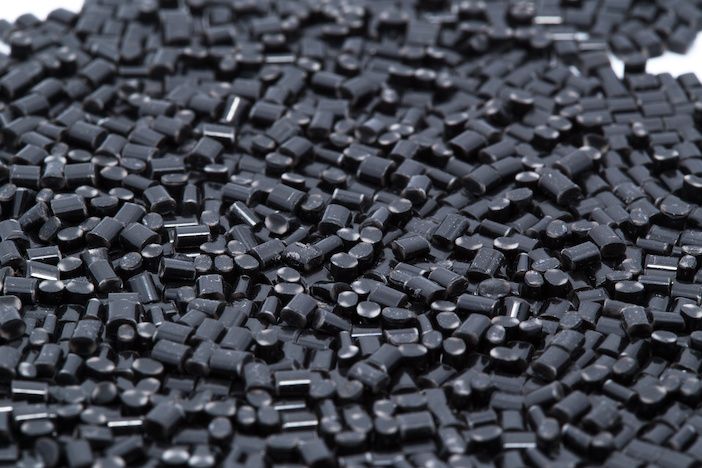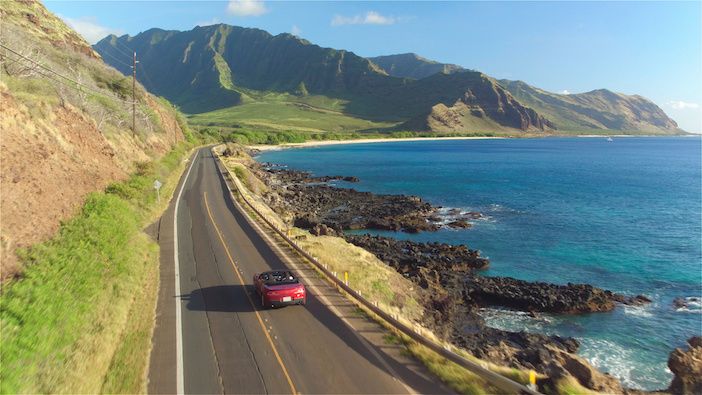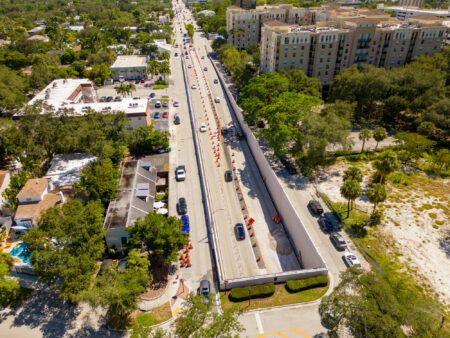The Hawaii Department of Transportation (HDOT) is testing an asphalt mix with recycled plastic polymer as part of its sustainable transportation initiatives.
The plastic road pilot will take place on Fort Weaver Road between Kilaha Street and the beginning of Fort Weaver Road near Cormorant Avenue. The amount of plastic modified asphalt used in this pilot—1,950 tons—will keep the equivalent of 195,000 plastic bottles out of the landfill.
“Using plastic in our asphalt has the potential to make our roads stronger and upcycle material that would be otherwise headed for a landfill,” said Hawaii Department of Transportation deputy director for Highways Ed Sniffen. “Even though we’re using a material that has been used on roads in the United States for over 5 years, we need to make sure the mix is right for Hawaii and our environment.”
As part of the pilot, the University of Hawaii at Mānoa and Hawaii Pacific University have been contracted to evaluate the performance of the plastic modified asphalt and the potential of the material to release microplastics into its surroundings. The evaluation period will take place over a year and a half. HDOT will share the results of the evaluation with the public and the legislature.

“I’m excited to see the potential of HDOT’s pilot to increase the lifespan of the roads in ʻEwa as well as help keep ʻōpala off our beaches,” said Senator Kurt Fevella, State Senate District 20.
A section of control pavement using polymer-modified asphalt will be installed next to the plastic road. The project will also evaluate various high recycled asphalt (RAP) mixes using 50-percent RAP. Testing of the high RAP mixes will provide HDOT with the data necessary to more than double the percentage of recycled asphalt used on Hawaii roads.
Fort Weaver Road between North Road and Cormorant Avenue will be paved during the pilot project. The paving began on Oct. 11, 2022, and is expected to be complete in late July 2023, weather permitting. Lane closure notices will be posted to





